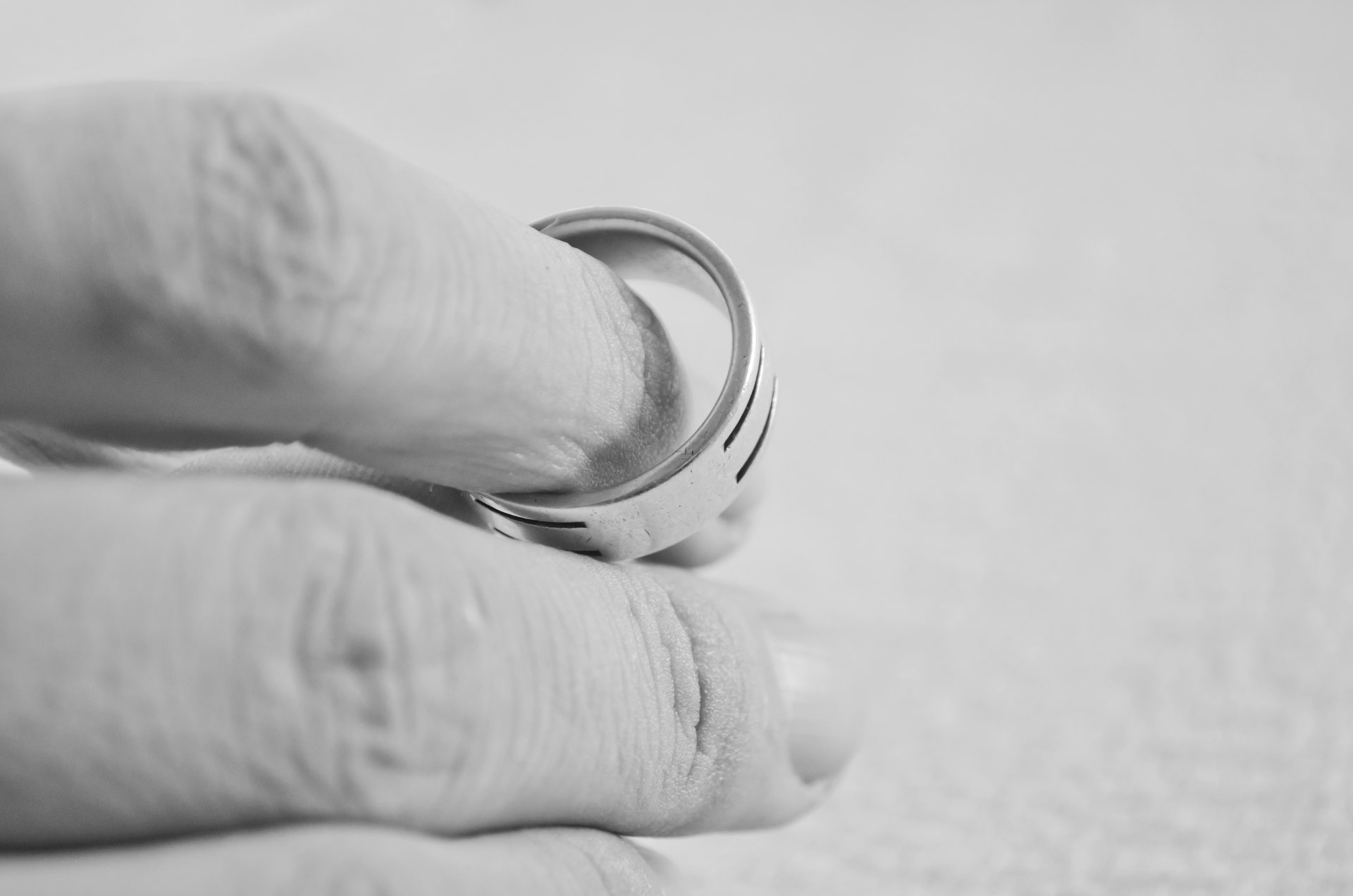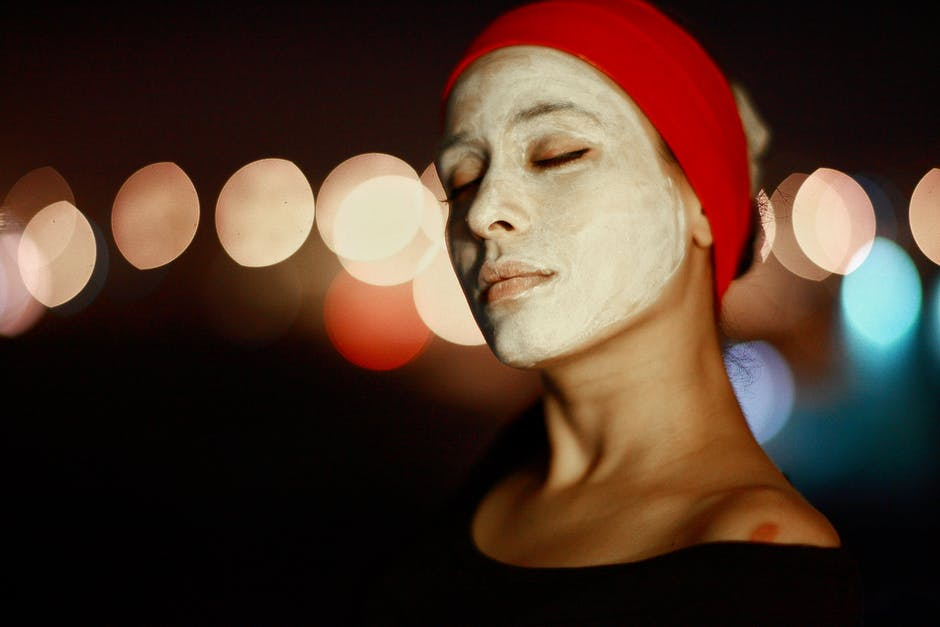
Some people simply cannot seem to get warm. They’re always under a thick blanket at home during the winter. They have to reach for a sweater if the A/C gets turned on in the office over the summer.
Maybe you live or work with this person. Maybe you are this person. In either case, different internal thermometers can lead to a lot of arguments about whether or not a home or office is too hot or too cold.
Why do some people seem to feel the hot or cold differently? Is it all in our heads? Not really…
Our Hands and Feet Lose Heat First
If you have a loved one who’s always cold, their hands and feet are almost always icicles. You find yourself in search of the best socks for cold feet and the best gloves for birthday and Christmas presents.
When you feel cold, your extremities are the first place you’re going to feel it. When your brain senses that you feel cold, your body activates to conserve heat. It will begin the process of vasoconstriction in the blood vessels throughout your hands and feet to keep your body’s core warm. This reduced blood flow makes the hands and feet feel much colder than the rest of the body.
Muscle Mass is a Factor
To be clear, we’re talking about the perceived temperature, not the actual body temperature.
In most cases, someone who feels cold in a room has the exact same internal temperature as someone who feels comfortable. However, the thermal inputs in their brain, blood, spinal cord, organs, muscles, or skin are telling them that this temperature is not what they want.
The most common factor in how warm you “feel” is the amount of muscle mass you have compared to the surface area of your body. Simply put, the less muscle mass you have, the more your brain is telling your body that you need to conserve heat.
This is why thin women, men and the elderly are more likely to struggle with feeling cold.
Poor Circulation
Have you ever shaken someone’s cold hand and had them say, “Sorry, I have poor circulation. I always have.”
Circulation issues can certainly lead to someone feeling colder, particularly in their hands and their feet. This is common among people who are suffering from diabetes, heart conditions, or simply getting older.
However, it’s also very possible that this person is actually cold because of:
- Low body mass
- B12 deficiency
- Anemia
Of course, there are dozens of other factors in play. Your level and frequency of exposure to the cold will alter your perception of what cold is. For example, someone who just moved to Toronto from Cuba is less conditioned to deal with these temperatures than someone born in Canada.
At the same time, someone who works outside in the winter is less likely to complain about a room’s temperature than someone who works in an office.
Nobody chooses to feel uncomfortably cold. However, if we understand our bodies, we can work to keep things comfortable for ourselves and other people.









